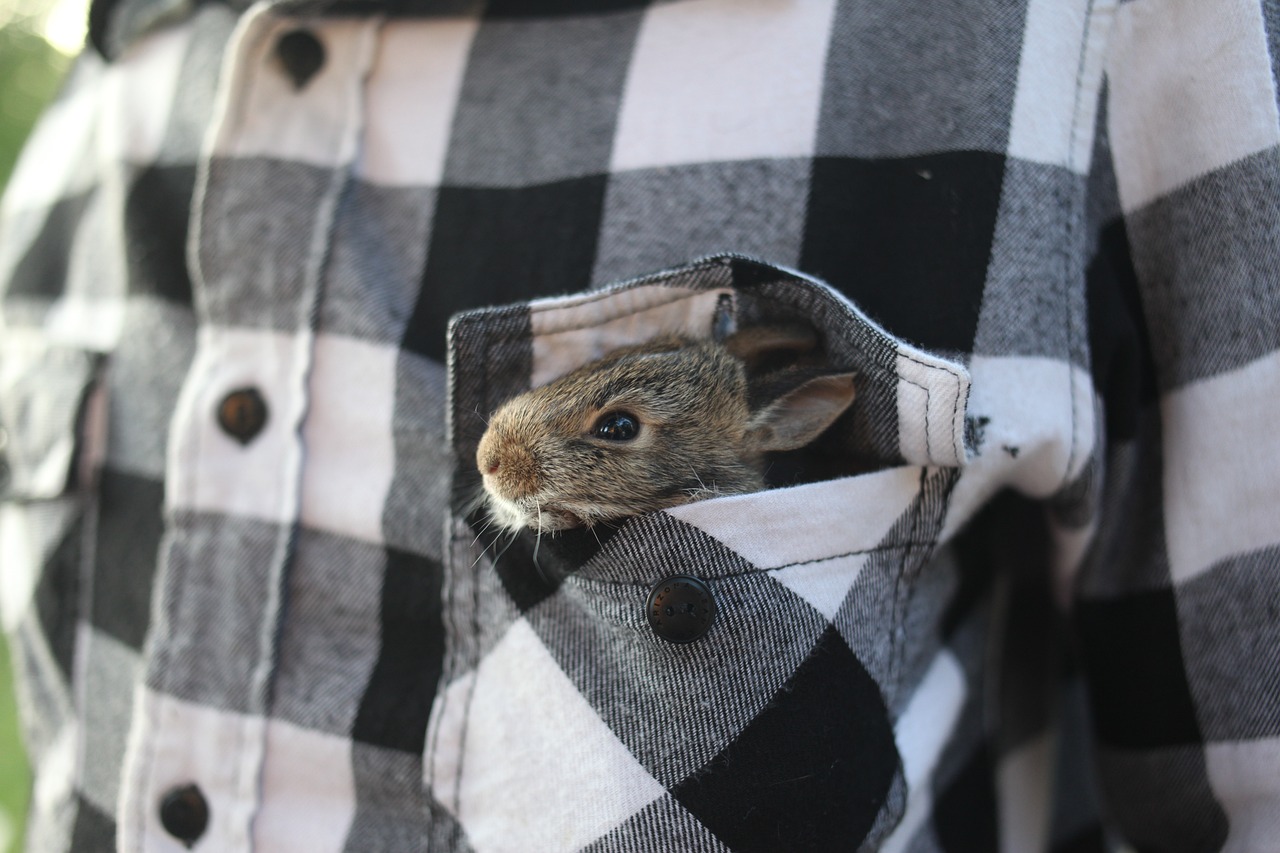
5 Tips for Creating a Rabbit-Friendly Environment at Home
Contents
- 1 Introduction
- 2 Keep the area around your rabbit’s cage clean.
- 3 Provide a safe, secure space for your rabbit to exercise.
- 4 Keep your rabbit’s living space dry and draft-free.
- 5 Provide plenty of chew toys and things to play with.
- 6 Feed your rabbit high-quality pellets, hay and fresh greens.
- 7 Your rabbits will be happier if you provide them with a safe place to live
- 8 Conclusion
Introduction
If you’ve decided to bring home a rabbit, you’re going to need a place for them to live. Fortunately, rabbits are very easy to care for and don’t require much space or attention. However, there are some things you can do to make sure your rabbit is comfortable in their new home and gives them plenty of opportunities for exercise and playtime. Here are five tips for creating a rabbit-friendly environment at home:
Keep the area around your rabbit’s cage clean.
Rabbits are clean animals and will do most of their “sweeping” when they poop. However, you’ll still need to clean up any messes that have been made.
Clean up food and water bowls daily and replace them with fresh ones at least once a week. Scoop up droppings from the cage floor once you’ve removed your rabbit from his cage for playtime or exercise (you may also want to do this after he’s returned).
Provide a safe, secure space for your rabbit to exercise.
- Rabbits need to be able to run around and explore. They can be very curious and playful, so they will want to explore your home. Make sure that there are no dangers in the area where you allow your rabbit’s free range, such as toxic plants or electrical cords that may be chewed on by your pet. If possible, provide an indoor pen where the bunny can play during inclement weather or when you are away from home for long periods of time (a minimum of 4 hours). A large dog crate works well here–just make sure it has good ventilation!
Keep your rabbit’s living space dry and draft-free.
Rabbits are very sensitive animals and they can easily get sick from drafts or excessive heat. Drafts will cause a rabbit to develop respiratory problems and make them susceptible to colds and upper respiratory infections.
If you have any windows that are drafty, try using a window fan to create airflow in your house. A good alternative is installing mini-blinds on those windows instead of opening them all the way for fresh air (this will help keep out bugs!).
If there’s one thing we learned from our research, it’s that keeping your rabbit’s living space dry and draft-free is crucial for their health!
Provide plenty of chew toys and things to play with.
Rabbits need to chew to keep their teeth healthy, so make sure you provide your rabbit with a variety of safe and interesting items that they can chew on. You might be surprised by how much fun it is to watch them play!
Feed your rabbit high-quality pellets, hay and fresh greens.
- Hay is the most important part of a rabbit’s diet and should be available at all times. Hay provides fiber to help prevent intestinal blockages, keeps the digestive tract running smoothly and helps keep teeth worn down so they don’t grow too long (which can cause pain). Rabbits should always have access to fresh water as well.
- When feeding your bunny, give him about 1 ounce (30 g) of pellets per 2 pounds (1 kg) of body weight daily; if you’re unsure how much he weighs, check his stomach with a scale or weigh yourself holding him! Also offer him 1/4 cup (60 mL) daily of alfalfa or timothy hay in addition to his regular diet — this way he’ll get plenty of fiber and calcium from those tasty leaves! If he won’t eat any at first try putting some on his nose so that he has no choice but to take it off with his tongue; once he gets used to having something on his face there will be nothing stopping him from eating every last bit!
Your rabbits will be happier if you provide them with a safe place to live
Rabbits need a safe and secure space to live in. They have been domesticated for thousands of years, but they are still wild animals at heart. If you don’t provide your rabbit with its own private space, it may become bored or stressed out and exhibit behavior that is not normal for its species such as biting or chewing on furniture or other household items. This can lead to health problems such as dental disease (from eating wood), obesity (from lack of exercise), eye infections (from dust) and respiratory issues (from mold).
In addition to providing them with an appropriate habitat, you should also make sure that your rabbits have access to fresh hay daily; this helps keep them hydrated while also aiding digestion because hay contains cellulose which acts as roughage for their digestive system (similarly to how humans eat fiber). Rabbits should also have access to fresh greens every day–not only does this provide vitamins A & C but it will help prevent bladder stones from forming by keeping urine pH balanced between 6-7.”
Conclusion
Rabbits are a great addition to any family. They’re cute, they’re fun and they can be very playful. But if you want your rabbit to be happy and healthy, it’s important that you provide them with a safe environment at home where they can run around freely without being afraid of being hurt or injured by anything in their surroundings.



Average Rating